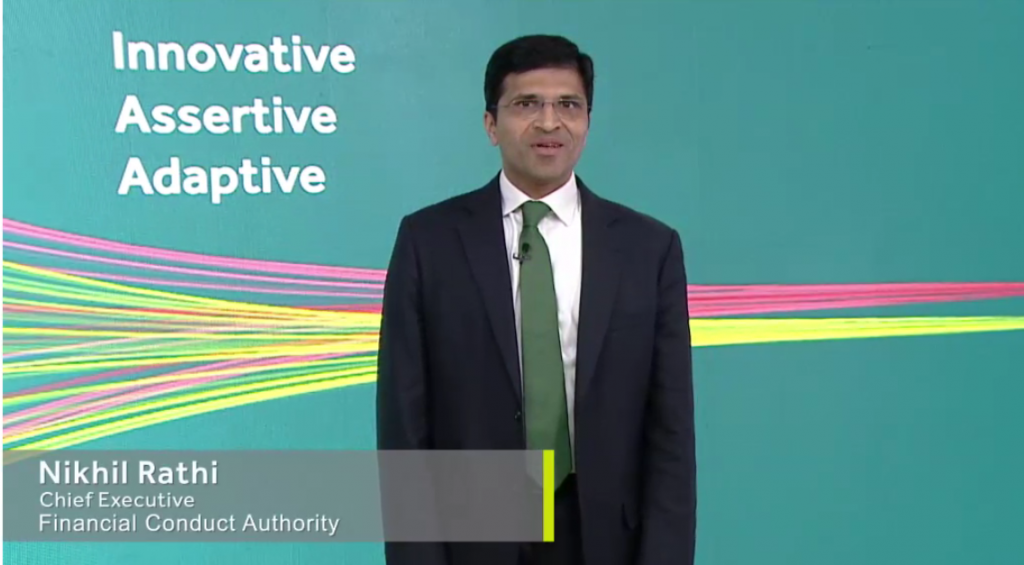The Financial Conduct Authority (FCA) has committed to a policy review of the Financial Services Compensation Scheme (FSCS) to ensure it strikes the right balance between providing a safety net for consumers and not penalising good firms who are having to support the system.
This morning the FCA released its business plan for 2021/22.
The plan sees the regulator commit to bringing down the FSCS levy on the financial services industry by exploring new approaches to reduce the disorderly failure of firms by monitoring the value and volume of claims, with the aim of reducing these claims over a number of years.
The FCA revealed it will start a review of its rules covering the scope and coverage of FSCS compensation payouts for specific regulated activities and its compensation policy so it is “appropriate, proportionate and takes into account changes in the market and its regulatory approach”.
Responding to a question submitted by Health & Protection to CEO Nikhil Rathi about claims the FSCS’ funding model is causing protection and insurance intermediaries to bail out other ‘mismanaged’ firms, Rathi admitted the system is still affected by some legacy issues.
“Pensions mis-selling [and] other problematic advice issues have caused the levy to rise significantly more than any of us are comfortable with,” he said.
“And in those circumstances the burden to shoulder that levy needs to be shared more widely than simply one class of firm.
“Some of that legacy will continue to be with us for a little while and the FSCS produces forecasts.
“But what we would like to do through our supervisory and regulatory measures, such as the duty of care consultation but also the FSCS policy review, is to look at the scope of coverage.
“And [we’ll] have a discussion with all interested parties to make sure we’ve calibrated that in the right place and in the right way – to try to make sure that the balance is struck appropriately between a safety net for consumers, particularly vulnerable consumers, and the burden on firms – particularly those good firms who have done nothing wrong but are having to support the rest of the system.”
Elaborating on time scales for the review, Rathi (pictured) added discussions around the review will take place over the next 12 months.
“We will see what comes out of that conversation and the balance of the debate on both sides of the argument and from that we will set more about whether there should be any changes and what those changes may be,” he continued.
“This is an area where we need to proceed expeditiously but also with due care.”
